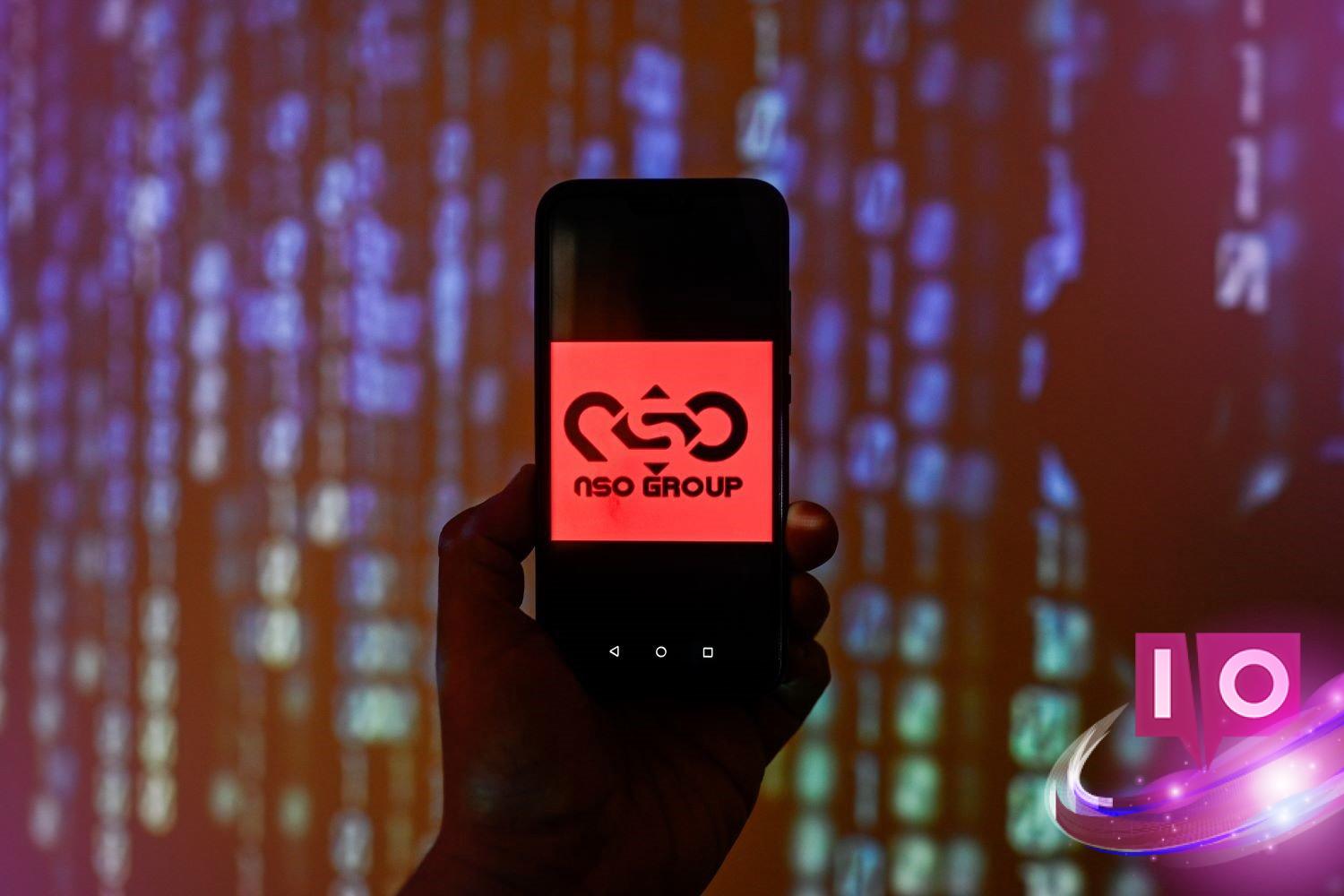The recent acquisition of Israel’s infamous NSO Group by an American company has raised eyebrows and stirred discussions across the globe. Known for its powerful spyware, particularly the notorious Pegasus, NSO has long been at the center of surveillance scandals. An investor group led by Hollywood producer Robert Simonds has reportedly sealed the deal worth several tens of millions of dollars. However, the completion of this acquisition still hinges on approval from Israel’s Defense Export Control Agency at the Ministry of Defense.
Oded Hershowitz, an NSO spokesperson, stated that while the investment gives an American group controlling ownership, the company’s operations will remain under Israeli regulation. This suggests that NSO’s core functions and headquarters will continue to operate in Israel, subject to local authority oversight. As we await NSO’s official comments, the implications of this deal are vast and significant.
NSO Group’s Troubling History
NSO has weathered a stormy decade, marked by constant scrutiny and controversy. Back in 2015-2016, the company faced severe backlash for its ties with authoritarian regimes that utilized its products for nefarious purposes. By 2018, Amnesty International alleged that its staff were targeted by NSO’s malware, showcasing the grave implications of this technology falling into the wrong hands.
Moving forward to 2019, NSO found itself embroiled in legal battles with Facebook and WhatsApp. They accused the company of exploiting vulnerabilities in its platform to surveil users. This legal wrangling amplified when major tech players like Microsoft and Google joined forces in the fight against NSO, advocating for users’ rights against privacy violations. The situation worsened for NSO in 2021 when it was placed on a federal blacklist, cutting off essential resources and support from U.S. companies, culminating in a lawsuit filed by Apple.
The Future of NSO Group
Given the ongoing controversies, potential buyers of NSO have often been hesitant. In 2022, L3Harris, a leading defense contractor in the U.S., considered acquiring NSO but ultimately backed away due to pressure from the Biden administration. With its new American ownership, uncertainties loom over NSO’s direction, albeit it seems that the company will regroup and continue to operate, now under the jurisdiction of its new stakeholders.
What does this mean for the future? The trajectory of NSO Group under American ownership raises questions about regulatory implications and international standards in the realm of cybersecurity. It opens up debates on ethical surveillance and the power dynamics at play as NSO’s powerful cyber arsenal may soon fall into U.S. hands, a prospect that both excites and alarms observers.
Will NSO’s reputation as a controversial entity diminish now that it’s under American control? The answer may lie in how transparently the company operates from this point forward, and whether it aligns with U.S. regulatory frameworks.
Is NSO Group still relevant in the cybersecurity sector? Despite the challenges and scandals, NSO continues to develop technology that’s at the forefront of digital surveillance, reinforcing its position in the market. However, its future profitability and ethical standing will depend heavily on the direction taken by its new investors.
Why did the Biden administration discourage prior acquisitions of NSO? The administration’s actions were primarily driven by concerns over human rights and privacy, reflecting a broader reluctance to support companies tangled in surveillance controversies.
Ultimately, the transitional phase for NSO Group heralds a new chapter. As developments unfold, keeping an eye on how this acquisition impacts the landscape of cybersecurity and surveillance will be crucial. For more insights, feel free to keep exploring related topics on Moyens I/O.
